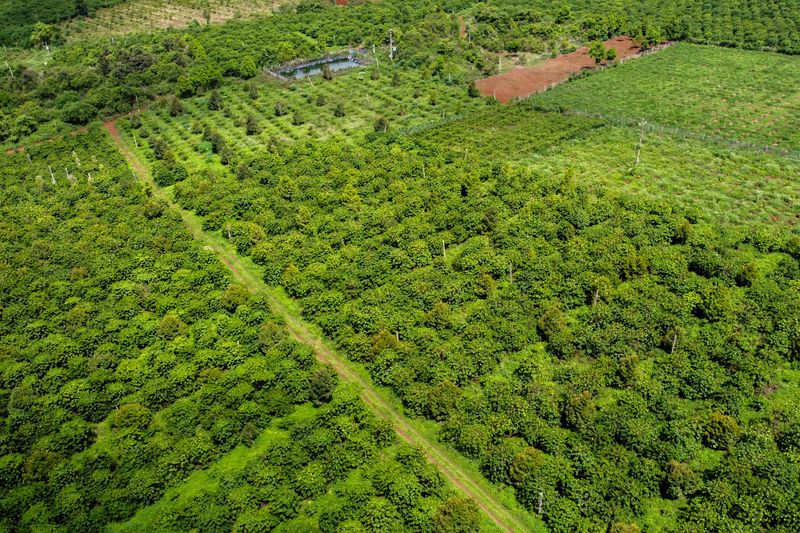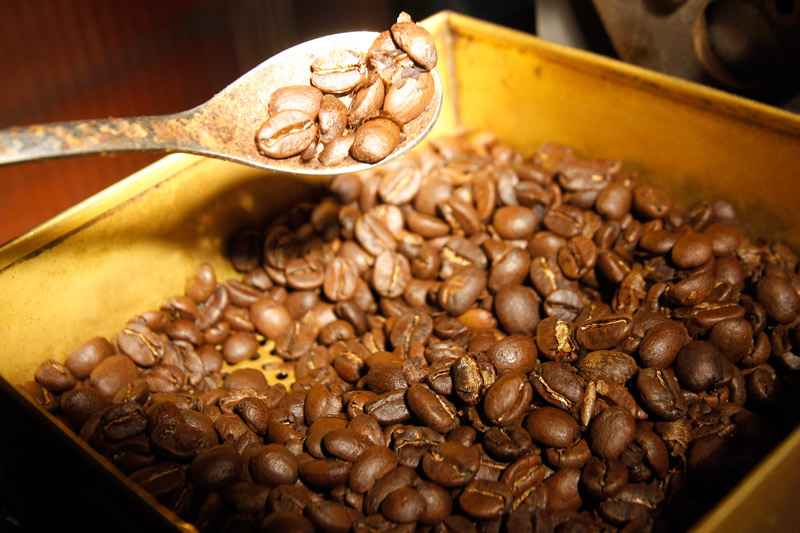By Gustavo Palencia
TEGUCIGALPA (Reuters) – The world’s top coffee organization will ask the European Union to postpone a requirement that imported beans come from areas not linked to deforestation, the group’s head said on Wednesday.
The rule, which takes effect at the end of this year, would ban the sale of coffee – as well as cocoa, soy, palm oil, timber, rubber and livestock – if companies cannot prove the product comes from an area where forests occur. no cuts in recent years.
“We cannot meet that date, that is not possible,” Vanusia Nogueira, director of the International Coffee Organization (ICO), said in an interview.
The ICO, an intergovernmental group affiliated with the United Nations, represents more than 90% of coffee production and more than 60% of global consumption. Top coffee producers such as Brazil, Vietnam and Colombia are members.
“It’s a very ambitious deadline,” Nogueira said. “We believe that by working with EU leaders, they could be more open to postponing that date.”
She did not specify how long the ICO wanted to delay the deadline.
Asked about the possible consequences if coffee producers do not meet the deadline, Nogueira said the EU “will find a solution”.
“The European people are very fond of coffee… they will not run out of coffee,” she added.

Nogueira was speaking at a coffee summit organized by the Community of Latin American and Caribbean States (CELAC) in Tegucigalpa.
CELAC’s nearly three dozen member states are expected to conclude the summit with a statement calling on the EU to postpone the date of required deforestation, said Carlos Murillo, Honduran deputy minister of coffee cultivation.


